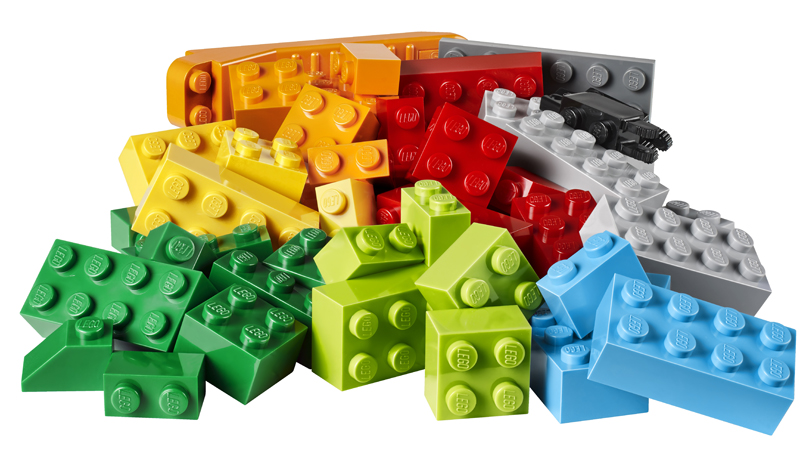Govt sets limit for chemicals in toys
The Ministry of Population and Environment has prescribed the limit for levels of chemicals in children's toys to prevent hazards arising from exposure to them.
The MoPE said it set the mandatory standard limiting the maximum value of 12 toxic elements, chemicals and heavy metals in toys. A notice to this effect has recently been published in the Nepal Gazette.
According to the notice, the limit for levels of chemicals will come into effect from the 181th day of the publication of the notice in Nepal Gazette.
"The government has imposed ban on the import, storage, sale and distribution, production and use of toys beyond the prescribed standards with effect from the 181th day of the first publication of this notice in Nepal Gazette," read a notice issued by the MoPE.
The prescribed limit for cadmium is 75 mg/kg, chromium 60 mg/kg, lead 90 mg/kg, mercury 60 mg/kg, inc 3.75 mg/kg, antimony 60 mg/kg, arsenic 25 mg/kg, barium 1000 mg/kg, selenium 500 mg/kg, bromine 100 mg/kg, bis phenol ‘A’ 0 mg/kg and phthalates 100 mg/kg.
“For the purpose of this provision, toy means construction sets, dolls and miniatures, vehicles, puzzles, collectibles, promotional merchandise, electric and electronic toys and educational sets to be used by children of up to 16 years of age,” said the notice.
The ministry has also stated that x-ray fluorescence spectroscopy or atomic absorption spectroscopy should be used in the case of heavy metals, high performance liquid chromatography in the case of bis phenol 'A' and gas chromatography/mass spectrometry for phthalates while testing the presence of chemical in toys being imported or manufactured in Nepal before their circulation.
According to the ministry, the concerned importer will be required to possess the lab report issued by the certified laboratory of the concerned country in the case of imported toys. If the toys are manufactured in Nepal, it should be tested by the certified lab of the Government of Nepal.
Ram Charitra Sah, executive director at Public Health and Environmental Development, said it was an environment-friendly decision of the government.
Setting the limit for toxic chemicals that hinders physical, mental and intellectual growth of children will ensure their right to play safe.






